Islam in Modern Turkey
Islam in modern Turkey is a user friendly and informative Pamphlet with illustrations and photos. Its content is very easy to understand. Islamic countries represent two different forms of Islam, fundamentalist and modern. Turkey represents the latter. Although 99% of the Turkish population is Muslim, Turkey is a secular state and people have the freedom to choose their religion and beliefs. No one is forced to participate in any religious ceremonies or rites against his will. This pamphlet gives brief information about Islam in Turkey. It is also perfect for cruise ship passengers on their shore excursions as they have limited time in Turkey. With this guide, readers can easily understand more about the Turkish culture.
Islam in Modern Turkey has played a significant role in the history and culture of Turkey for centuries. Modern Turkey, officially known as the Republic of Turkey, was established in 1923 under the leadership of Mustafa Kemal Atatürk. Atatürk’s vision for the new republic was to transform Turkey into a secular and modern nation-state, which included significant reforms aimed at separating religion from the state and public life.
ISBN 9786058762473 Islam in Modern Turkey (English)
Available at Museum Shops in Turkey
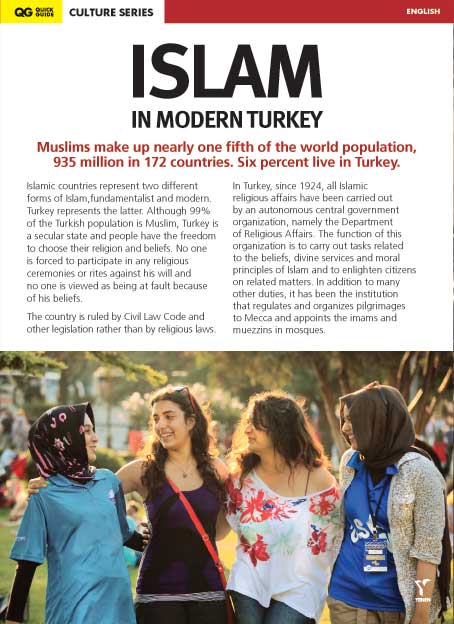
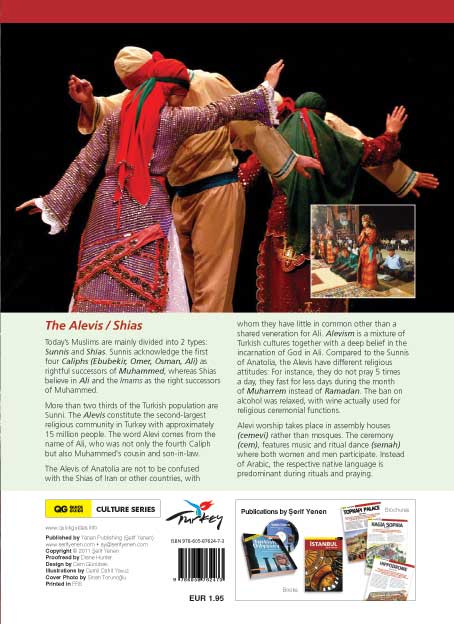
Key aspects of the relationship between Islam and modern Turkey include:
-
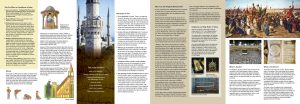 Secularization: One of the most significant changes implemented by Atatürk was the secularization of the state. This involved removing religious influence from government institutions and legal systems. Religious schools were closed or reformed, and religious attire was restricted in public spaces. The Arabic script was replaced with the Latin alphabet, making it more accessible to the general population.
Secularization: One of the most significant changes implemented by Atatürk was the secularization of the state. This involved removing religious influence from government institutions and legal systems. Religious schools were closed or reformed, and religious attire was restricted in public spaces. The Arabic script was replaced with the Latin alphabet, making it more accessible to the general population. -
Secular Legal System: The legal system was restructured to be based on European models rather than Islamic law (Sharia). This included the adoption of a civil code, commercial code, and penal code that were more aligned with modern legal principles.
-
Religious Institutions: In 1924, the Ottoman Caliphate was abolished, effectively ending the political authority of religious leadership. Religious institutions, such as the Directorate of Religious Affairs (Diyanet), were restructured and brought under state control. The Diyanet was tasked with overseeing religious matters and promoting a state-sanctioned version of Islam.
-
Religious Freedom: While the Turkish state aimed to distance itself from overt religiosity, it also enshrined the principle of religious freedom in its constitution. Citizens are allowed to practice their religion freely, and various religious communities, including Muslims, Christians, and Jews, coexist in Turkey.
-
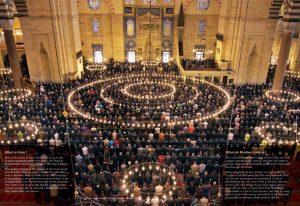 Cultural Heritage: Despite the secularization efforts, Turkey’s historical and cultural ties to Islam remain important. Many historical sites, such as mosques, madrasas, and Ottoman architecture, continue to be preserved and celebrated as part of Turkey’s cultural heritage.
Cultural Heritage: Despite the secularization efforts, Turkey’s historical and cultural ties to Islam remain important. Many historical sites, such as mosques, madrasas, and Ottoman architecture, continue to be preserved and celebrated as part of Turkey’s cultural heritage. -
Political Shifts: In recent years, there has been some reemergence of Islamic influence in Turkish politics. The Justice and Development Party (AKP), founded in 2001, is often associated with a more conservative form of Islam and has been in power since 2002. During their rule, efforts have been made to relax some of the previously stringent secular policies, leading to debates about the balance between secularism and religious freedom.
-
Social Dynamics: Turkey’s population is diverse in terms of religious beliefs and practices. While urban areas tend to be more secular, rural regions often have stronger religious identities. The interactions between these different social groups shape the cultural and political landscape of modern Turkey.
Overall, the relationship between Islam in modern Turkey is complex and multifaceted. It reflects the ongoing tension between traditional religious values, secularism, and the evolving dynamics of the country’s political and social landscape.




